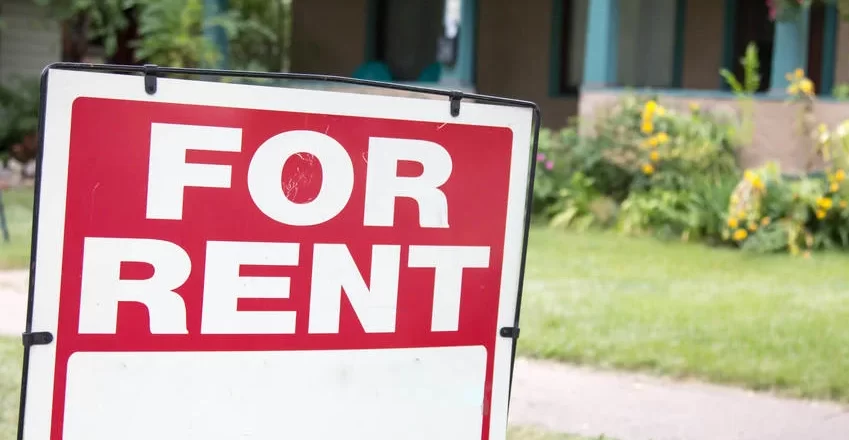Personal Injury—Liability in Rental Properties

Courtesy
Liability in Rental Properties
By Richard Morse
We all have likely heard the famous phrase “Most accidents occur in the home.” Accidents can be a result of many different conditions, including but certainly not limited to slick or unstable stairs, safety railings that are defective, broken, or absent, preexisting trip hazards, faulty or missing smoke detectors and fire alarms, blocked access to exists, missing or malfunctioning gates around a pool or spa. And if you rent a property and have an accident as a result of preexisting unsafe conditions in your home, your landlord may be liable. If you are either a landlord or a tenant, it is important to know under what conditions the landlord or the tenant may be held liable for an accident.
What falls under a landlord’s responsibility?
- It is a landlord’s duty to inspect any house or unit prior to lease to make sure the property is reasonably safe from hazardous conditions.
- The landlord is responsible for inspecting conditions disclosed in a reasonable inspection.
- If the landlord knows of a hazardous condition on the property, the landlord must fix it or make it known to the tenant.
- The landlord is legally responsible for injury to tenants and guests of tenants for any known or suspected dangerous conditions in the property that the landlord has neglected to disclose to the tenant.
- If a hazardous condition that develops in the unit is reported by the tenant, the landlord must repair the condition in a reasonable amount of time.
- The landlord will be held liable if repairs were made but in a careless or faulty manner.
- The landlord is under a legal obligation to do diligence in maintaining the property, including the common areas, in a reasonably safe condition and in good repair for tenants and guests. Common areas include pool/spa, walkways, stairways, elevators, landscaping, and tennis courts. The landlord can be held liable for any injury caused by hazardous conditions in the common areas the landlord should have repaired or disclosed to tenants.
- It is important for the landlord to be up on and adhere to all building codes for maintaining safety, including maintaining fencing around pool and spa areas.
What doesn’t fall under a landlord’s responsibility?
- A landlord cannot be held liable if the dangerous condition within the apartment or house develops after the apartment or house is taken possession of by the tenant.
- It is not the landlord’s duty to take extraordinary measures or invest unreasonable sums of money and time in ascertaining any and all hazards which could potentially arise.
- If a hazardous condition develops in the unit but the tenant fails to report the condition to the landlord (in a timely manner or at all).






